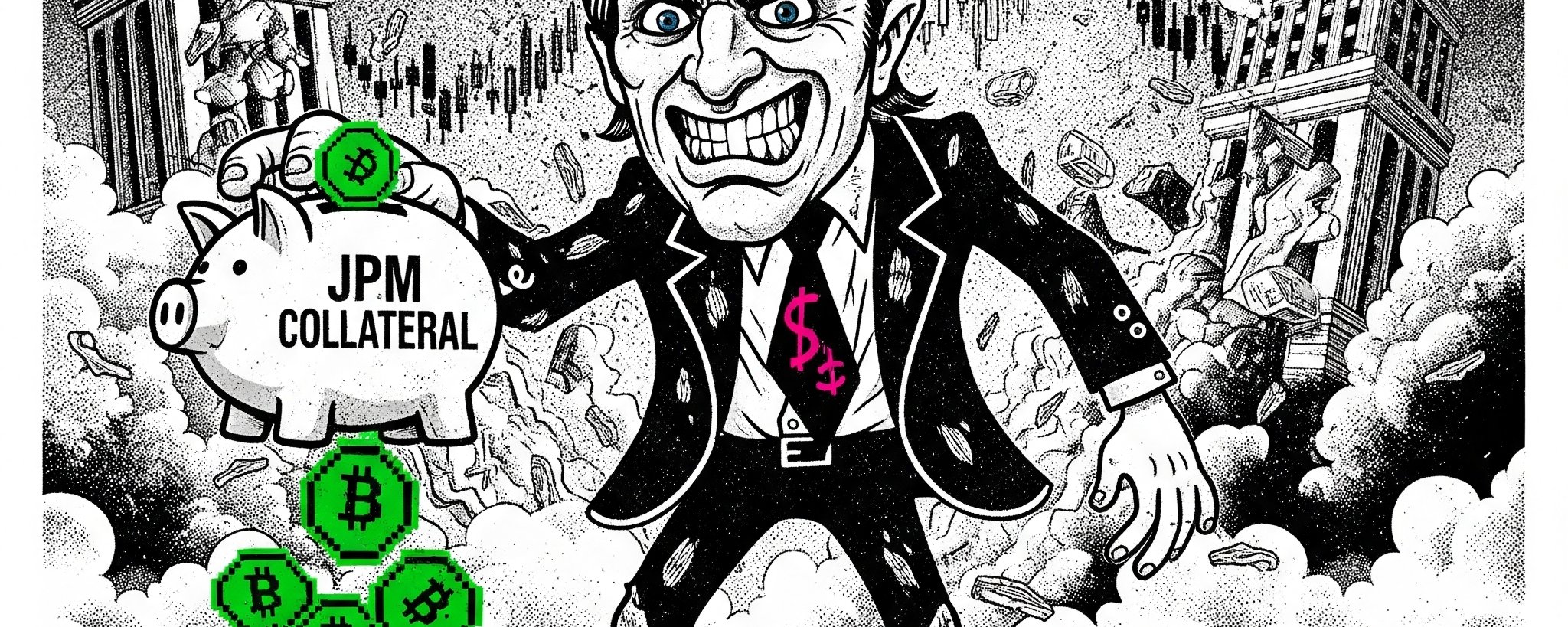On one side, you have the absolute control of the Federal Reserve system, which can de-bank citizens for protesting government mandates. Take the Canadian truckers who opposed COVID-19 vaccine requirements, whether it was the failed Johnson & Johnson shot they pulled, Russia’s Sputnik V, or China’s Sinovac. On the other side, you have the equally ridiculous, sketchy reality of today’s cryptocurrency, where the entire system is deeply flawed.
Arguably the biggest problem is the ghost founder. Even now, in September 2025, no one has a clue who Satoshi Nakamoto is. This anonymous creator is sitting on a wallet containing an estimated 1.1 million bitcoins that has never been touched. Depending on the market’s wild swings, that stash is worth somewhere between $125 billion and $140 billion. This isn’t some quaint mystery; it’s a ticking time bomb at the heart of the ecosystem. This single, unknown entity holds enough power to crash the entire market with a single transaction, making a mockery of the whole idea of “decentralization.”
This fundamental flaw is matched by a very tangible problem: the centralization of power in the hardware. It’s a modern gold rush, but the only company selling the shovels and axes, the ASIC miners, is China. Their near-total dominance over manufacturing creates a massive vulnerability that directly impacts the individual prospectors.
YouTuber VoskCoin provides a perfect case study of this broken system. Despite a huge following with sponsors and YouTube revenue, he has still spent probably hundreds of thousands of dollars to build his “family farmer” crypto operation, and he has documented the shady practices of Chinese ASIC manufacturers. He points out that miners ordered from China frequently arrive with no warranty, and there’s widespread suspicion that manufacturers “pre-mine” on the machines, selling them to the public only after their most profitable days are over. Many of these high powered ASICs require specialized immersion cooling fluid to operate, but using it often voids the warranty you likely never had in the first place. He has also warned his followers about rug pulls in the ASIC minable coin space, like the situation around Alephium (ALPH), where new miners are hyped up and then fail to deliver.
The financial and operational risks for an independent miner are astronomical. VoskCoin has shared electricity bills as high as $18,000 and recently suffered a catastrophic lightning strike that wiped out a huge chunk of his mining capacity. He attributes the failure to his own self-admitted ignorance in not ensuring the proper grounding was installed, a costly mistake in this high-stakes environment. This harsh reality starkly contrasts with the industrial scale mega operations, like the one connected to Hut 8, that have corporate backing.
This exposes the raw truth of the crypto dream for the average person. It’s a field where the essential hardware is controlled by foreign companies with questionable ethics, and all the risk is pushed onto individuals. It’s unclear under what authority a president could reveal Satoshi Nakamoto’s identity, but perhaps that level of shock is exactly what’s needed to force a national conversation about the sketchy foundations of the whole system. We have to find a path that balances financial privacy with the clear and present dangers of a system so heavily dominated by a single foreign power. Let’s just hope the final solution isn’t also “Made in China.”



